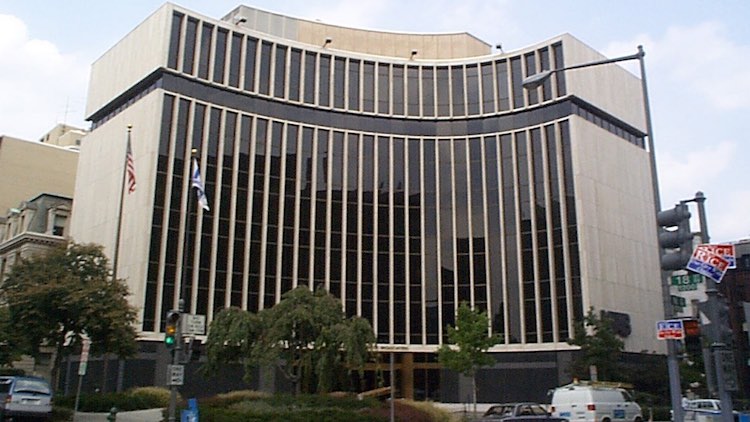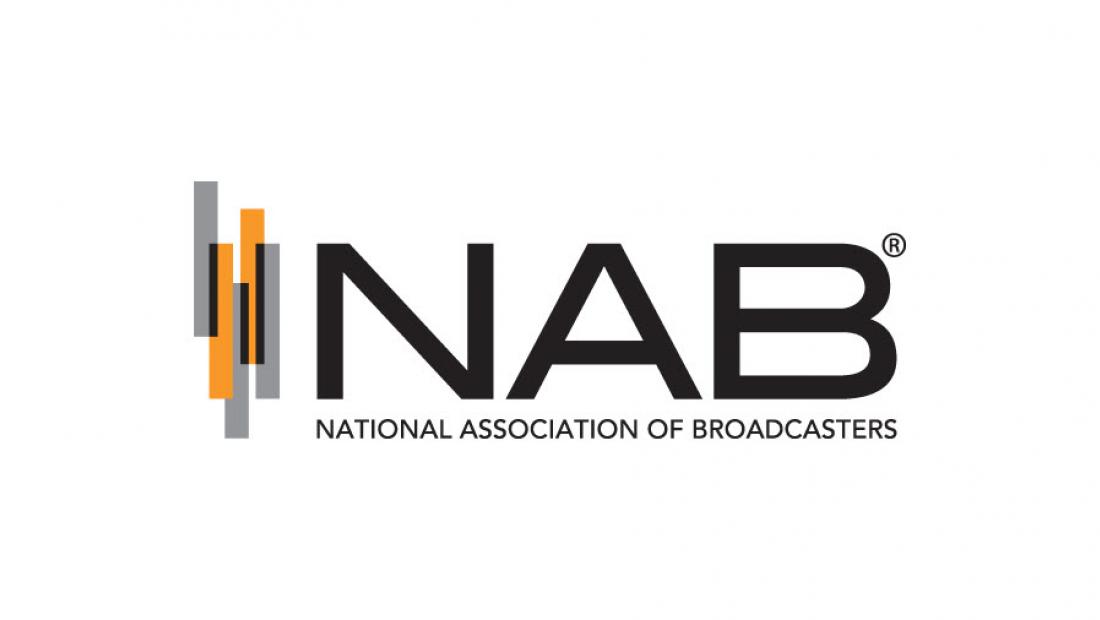NAB: FCC Should Prioritize Direct Repack Expenses

The smarter way to stay on top of broadcasting and cable industry. Sign up below
You are now subscribed
Your newsletter sign-up was successful

The National Association of Broadcasters says the FCC should not use scarce post-incentive auction repack funds to help Microsoft's white spaces initiative, or pay T-Mobile for its side deals to help LPTVs clear off spectrum early so T-Mobile, the largest bidder in the TV spectrum auction, could get earlier access to reclaimed channels.
That came in NAB's reply comments on the FCC's notice of proposed rulemaking (NPRM) for a framework for reimbursing LPTVs and translators out of new money freed up by Congress for that purpose--the initial repack fund excluded them. The FCC has yet to vote on the final order, so NAB is suggesting what should be, or not be, in that final order.
NAB said the FCC should be focused on viewers and listeners and not use the funds to benefit "other parties that don't serve those consumers."
NAB said the FCC "should not allow indirect reimbursement of third parties that have already agreed to provide funding to previously ineligible entities."
Specifically NAB is talking about T-Mobile, which has asked the FCC to reimburse it for payments to LPTVs and translators it promised in side deals to clear their off spectrum early.
"These are voluntary commitments T-Mobile made, without the expectation of reimbursement, likely based on T-Mobile’s political calculation that its early and aggressive deployment could backfire if it were seen as forcing LPTV stations off the air. There is no reason for the Commission to act as an insurer for that commitment now, particularly if the Commission has any concern at all that funding may be inadequate," NAB said.
If the FCC does decide to compensate T-Mobile, said NAB, it should only do so after all broadcaster and cable expenses are paid--the FCC is paying MVPD costs to adjust their head-ends to pick up the new channel positions.
The smarter way to stay on top of broadcasting and cable industry. Sign up below
Related: ACA Says MVPDS Should Get Priority Access to Repack Funds
Microsoft has also asked the FCC to allow LPTVs to be compensated for filters that will help the computer company to make use of the so-called white spaces between TV channels for unlicensed broadband.
NAB says if those help increase efficiency for both broadcast and non-broadcast uses, fine, but only, again, after all expenses directly related to repacking have been covered.
"Strictly as a technical matter," said NAB, "full service filters are not necessary to allow displaced low power television stations to move to new channels, and Congress’s intent in appropriating additional funding to reimburse repacking expenses was certainly not to enable expanded opportunities for white spaces operations."
NAB also put in a plug for the National Translator Association's proposal that stations agreeing to limit their expenses to $31,000 or less not have to submit preliminary cost estimates, but only paid invoices for which they would be reimbursed 100% of costs.
"Many translators have extremely limited staff–in some cases just one person operating on a part-time basis. Preparing and submitting a detailed cost estimate represents a significant burden for these parties," NAB told the commission. "Adoption of NTA’s fast track proposal would significantly reduce the administrative burdens for these stations, as well as for the Commission by reducing the number of cost estimates requiring review."
Most of a thousand stations are being moved in 10 phases, which will cause dislocation and incur some expenses for LPTVs and translators who were not protected in the repack, and for some FM stations co-located on TV towers.
The FCC voted Aug. 2 on a proposed framework for handing out the $1 billion Congress has authorized to 1) pay for LPTV, translator and FM expenses related to the post-auction moves, and 2) provide additional money for full power and Class A's and MVPDs impacted by the auction and for a consumer education campaign.
In the legislation approving the new funding, Congress gave the FCC until March 23, 2019, to come up with a reimbursement process, so it is on the clock. The Reimbursement Expansion Act designated $600 million in 2018 and another $400 million in 2019.
The Notice of Proposed Rulemaking concluded that:
"LPTV and TV translator stations are eligible for reimbursement if (1) they filed an application during the Commission’s Special Displacement Window and obtained a construction permit, and (2) were licensed and transmitting for at least nine of the twelve months prior to April 13, 2017, as required by the REA. It also tentatively concludes that both full power FM stations and FM translators that were licensed and transmitting on April 13, 2017, using the facilities affected by a repacked television station, are eligible for reimbursement. The NPRM proposes that this includes FM stations that incur costs to permanently relocate, temporarily or permanently modify their facilities, or purchase or modify auxiliary facilities to provide service during work on a repacked television station’s facilities. The NPRM further recommends a mechanism for reimbursing the newly eligible entities that is substantially similar to the process currently used by the Commission to reimburse full power and Class A licensees and MVPDs."
Contributing editor John Eggerton has been an editor and/or writer on media regulation, legislation and policy for over four decades, including covering the FCC, FTC, Congress, the major media trade associations, and the federal courts. In addition to Multichannel News and Broadcasting + Cable, his work has appeared in Radio World, TV Technology, TV Fax, This Week in Consumer Electronics, Variety and the Encyclopedia Britannica.

